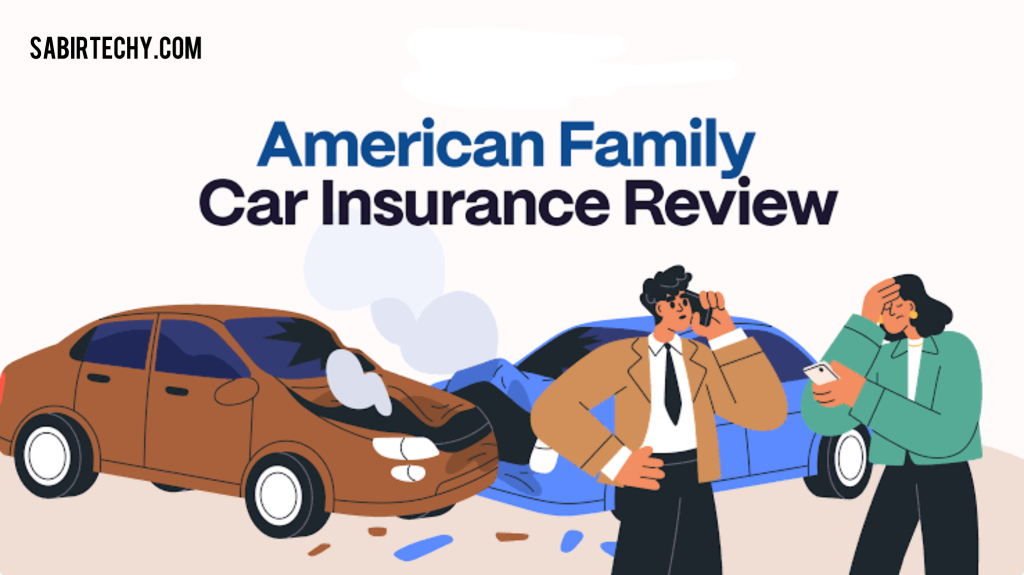Car insurance is an essential part of owning and operating a vehicle in the United States. With millions of cars on the road, it’s important to protect both yourself and others in case of an accident, theft, or damage. In this article, we will explore what car insurance is, the types of coverage available, the legal requirements, factors that affect premiums, and tips for choosing the right policy for your needs.
What is Car Insurance?
Car insurance is a contract between the vehicle owner and an insurance company that provides financial protection against physical damage, bodily injury, or liability resulting from traffic accidents. It can also cover theft, vandalism, and damage from natural disasters, depending on the type of policy.
In the U.S., car insurance is required by law in most states, and each state has its own minimum coverage requirements. The types of coverage offered by insurers can vary, but they generally fall under a few key categories: liability, collision, comprehensive, and additional options like medical payments or uninsured motorist coverage.
Types of Car Insurance Coverage
Bodily Injury Liability: Covers medical expenses, lost wages, and other costs related to injuries sustained by the other party in an accident where you are at fault.
Property Damage Liability: Pays for damage to another person’s vehicle or property caused by your actions.
Every state has a minimum requirement for liability coverage, although it’s often recommended to carry more than the minimum for better protection.
Coverage for Collisions Regardless of who is at blame, collision coverage covers damage to your own car that results from an accident with another car or object. This insurance will assist in paying for repairs or replacements if your vehicle is damaged in an accident. However, before the insurance takes effect, you usually have to pay a deductible for collision coverage.
Comprehensive Coverage Comprehensive insurance provides coverage for damage to your car caused by non-collision events. This includes theft, vandalism, natural disasters (like hurricanes or earthquakes), falling objects, or animal collisions. It’s useful for protecting your car from events beyond your control that are not related to a direct crash.
Personal Injury Protection (PIP) PIP coverage is available in some states, primarily no-fault states, and covers medical expenses for you and your passengers after an accident, regardless of who was at fault.
Coverage for Uninsured/Underinsured Drivers If you are in an accident with a driver who is either uninsured or whose insurance is insufficient to cover the damages, this sort of coverage will protect you. Additionally, it can protect you in the event that a hit-and-run driver strikes you.
MedPay does not cover non-medical expenses or lost pay, in contrast to PIP. Although it is not required, it is accessible in the majority of states.
There are strict penalties for not having the necessary auto insurance, and each state in the US has its own minimum standards. Liability insurance is usually included in the minimum coverage, though state-by-state variations in the necessary coverage might be substantial. States may have higher or lower limitations, although some, like California, mandate bodily injury liability coverage of $15,000 per person and $30,000 per accident.
Certain states mandate additional insurance types, like PIP or uninsured motorist coverage, in addition to liability coverage. In addition to facing fines, licence suspension, or even jail time, drivers who are found driving without insurance may also have to pay for any damages out of pocket in the event of an accident.
Factors Influencing the Cost of Auto Insurance
The cost of auto insurance can vary significantly based on a number of variables. The following are some important factors that affect the cost of your coverage:
Driving History: Generally speaking, premiums are higher for drivers with a history of collisions, moving infractions, or DUIs. Because of their perceived increased risk, insurance firms modify prices for these individuals.
Benefit from Discounts: Insurance companies provide a number of discounts, including those for defensive driving classes, safe driving, and having safety features in your car.
Keep Your Driving Record Clean: One of the easiest methods to keep your insurance rates low is to prevent traffic infractions and accidents.
In conclusion
In the US, having auto insurance is essential to prudent car ownership. In addition to provide defence against mishaps and damages, it is mandated by law in the majority of states. You can make educated judgements and make sure you have the best insurance for your needs by being aware of the many coverage options available and the variables influencing your premium.

